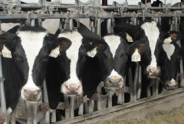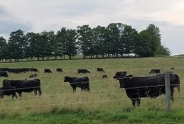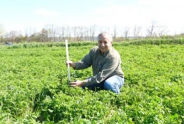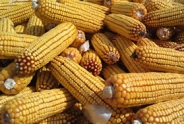Field Crop Update, July 10, 2025
Erik Smith, Area Field Crop Specialist/Team Leader
Central New York Dairy and Field Crops
1. Field Observations
The weather has been great for making hay, which is what many of you have been up to this week. And while it feels weird to say it, many of us could use some rain. Here's the short-term weather outlook from Jess Spaccio, from Cornell's Northeast Regional Climate Center:
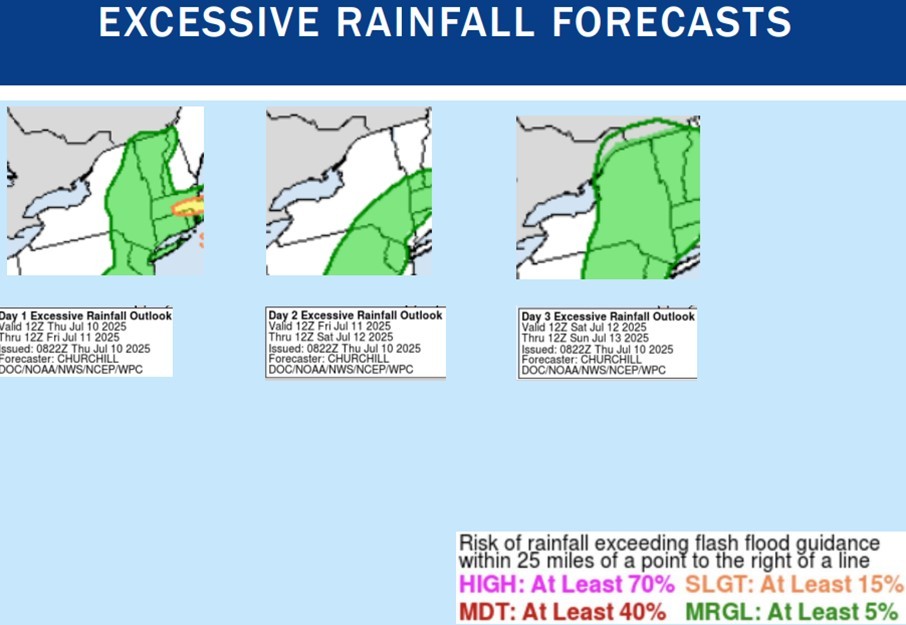
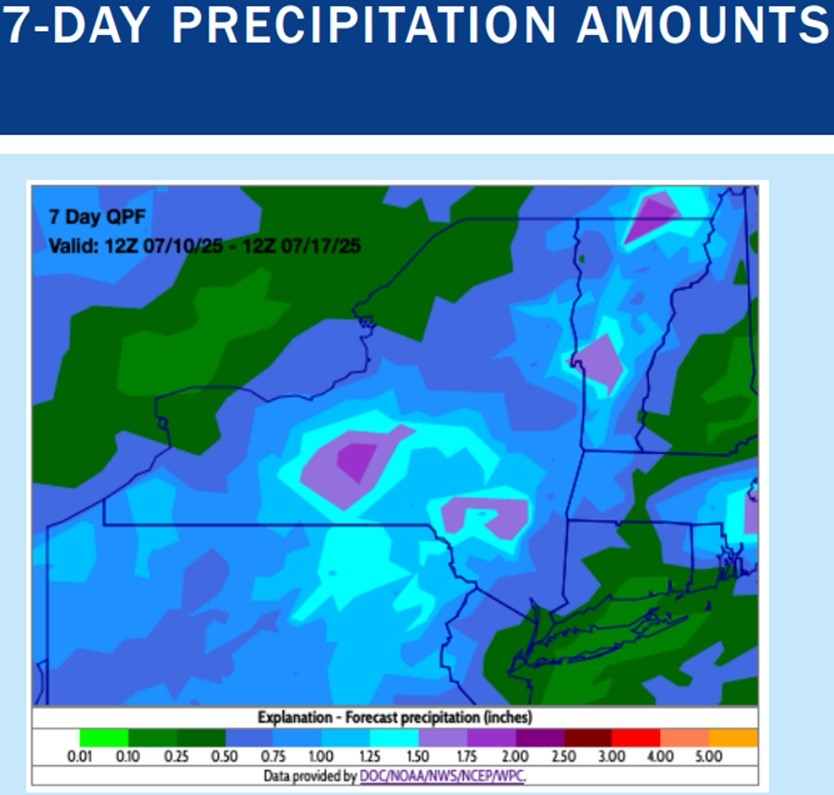
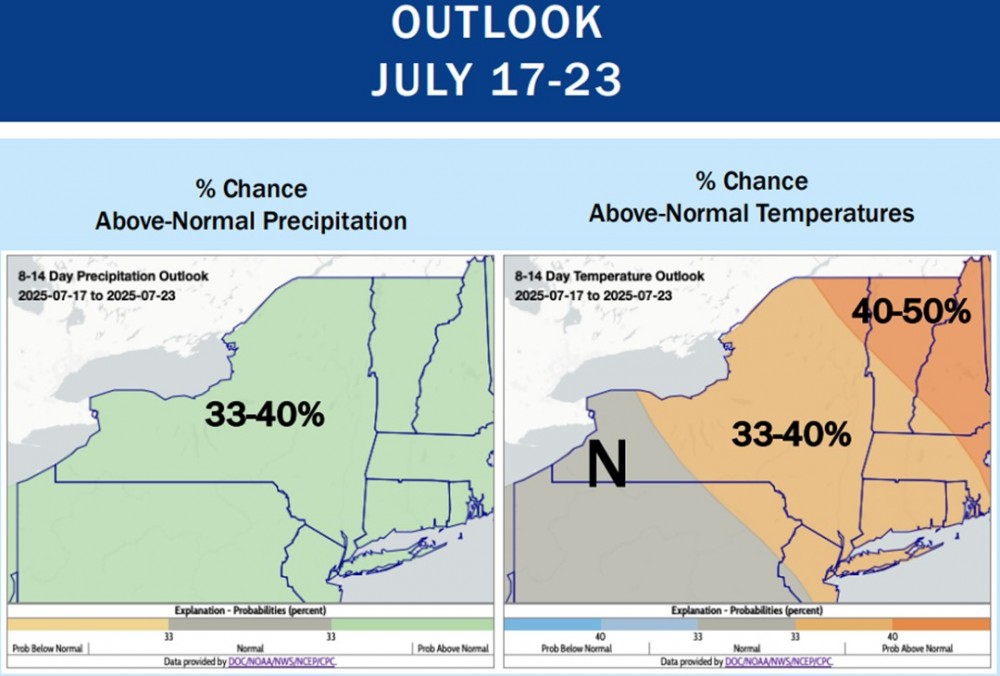
And if you haven't already, be sure to pre-register for our upcoming Corn and Soybean Seed IPM field day at SUNY Cobleskill. It's free, but pre-registering helps us plan ahead for meals and transportation: https://cals.cornell.edu/events/ipm-strategies-protect-corn-and-soybean-seed-new-york-state-cobleskill-meeting In addition to learning more about our neonicotinoid seed treatment trials, we're offering 1.5 DEC credits (Cat. 1A, 4, 10, 21) and 1.5 CCA credits (Cat. TBD). And lunch!
2. Pest Monitoring
The upcoming rainstorms might help us by knocking down any emerging soybean aphid or potato leafhopper issues, but keep an eye on them as I've started to see their populations tick upwards. But I've also seen ladybug and other natural enemy populations spike upwards as well.
Remember to keep an eye out for tar spot of corn and other foliar crop diseases. As we get closer to soybean flowering, be prepared to protect your fields that have a history of white mold.
And for hayfields and pastures, 'tis the season for knapweeds and thistles to begin flowering and announcing themselves in your fields. At this point, mowing is the best medicine. If herbicides are warranted, wait for fall when plants are more susceptible, and when temperatures make volatile herbicides like 2,4-D ester and dicamba less risky to non-target plants.
A. Potato leafhopper in alfalfa
Here are some potato leafhopper populations from around the region. These fields were sampled by Zach O'Donnell, our intern from Colgate Univ., and Heer Patel, our technician. As usual, for alfalfa 15"+, no spray is recommended if harvested within one week.
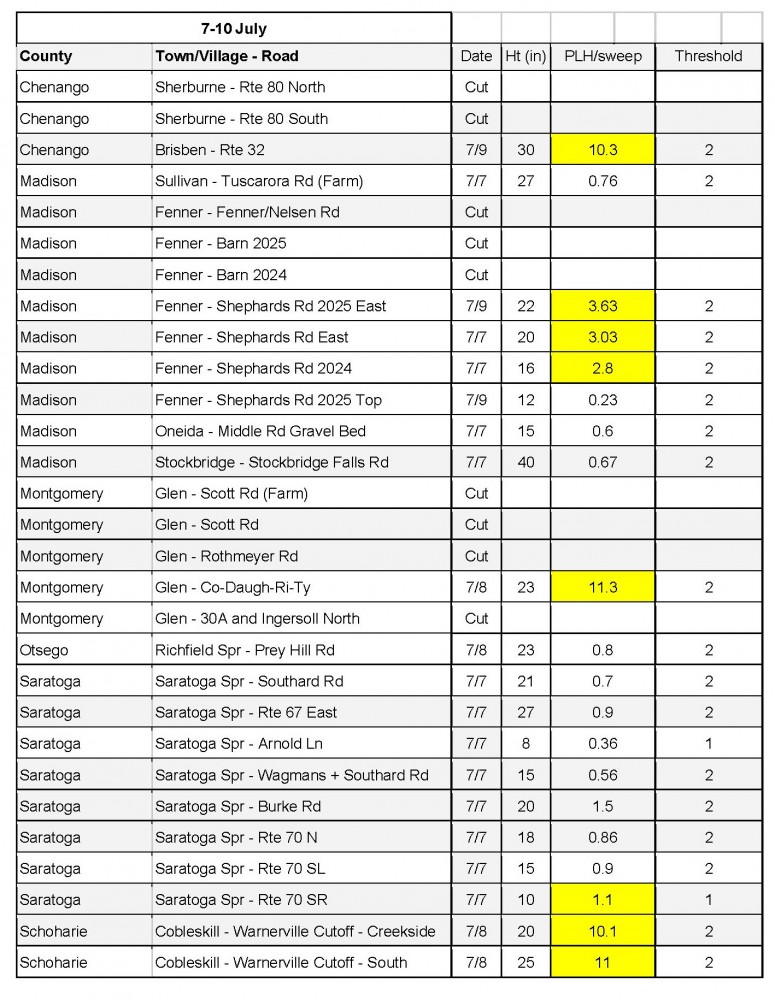
3. Growing Degree Days (GDD) (See: Climate Smart Farming Growing Degree Day Calculator)
Growing degree days (GDD) are calculated by taking the average daily temperature and subtracting the base temperature for development of a given organism ((High + Low)/2 - base temp = GDD). For corn silage, we are using base 50/86, as corn development starts at 50 degrees F and ceases above 86. Check your location and planting date:
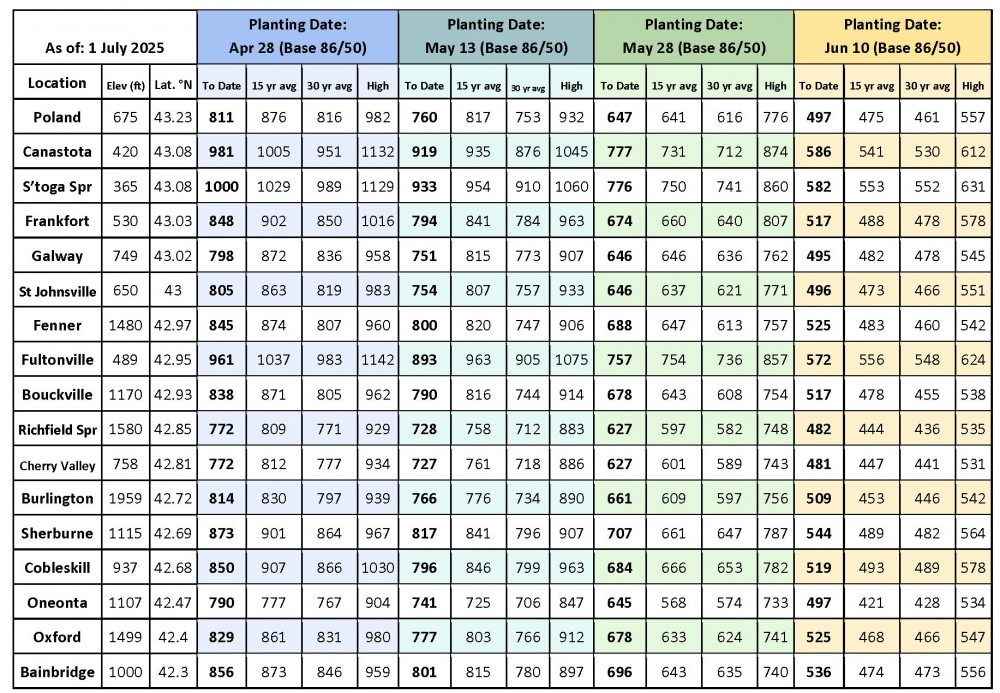
See you in the field!
Upcoming Events
2026 Corn & Soybean Day
January 20, 2026 : Corn & Soybean Day - Hamilton
Hamilton, NY
Lunch included. 2.75 DEC Credits available
January 21, 2026 : Corn & Soybean Day - Ballston Spa
Ballston Spa, NY
Lunch included. 2.75 DEC Credits available
I Thought I Was Covered for That! - Farm Insurance Webinar Series
January 13, 2026
January 20, 2026
January 27, 2026
February 3, 2026
February 10, 2026
Free Webinar Series
Passing the Torch - Planning Your Farm's Future
January 27 - January 28, 2026
Choose from two locations for this FREE event.
Announcements
Statewide Field Crop Pathology Needs Assessment Survey
Your input is wanted for identifying priorities!Sign Up for Our Weekly E-Newsletter
We send out a bi-weekly e-newsletter that has announcements, upcoming programs, and opportunities for you! Registration is quick, easy, and free. Click here to sign up today!Farmers Can Join MeatSuite For Free!
MeatSuite.com is a free resource provided by Cornell University where NY meat farmers can create a farm profile and list their bulk (wholes, halves, quarters) and bundled (i.e. Grilling Bundle) meat products.Why should farmers join?
1. It's free and easy!
2. Connect with more local customers. In the past year the MeatSuite.com farm directory had 8,300 visits from New York consumers. Farm profiles get as many as 25 views per month from potential local customers. We also spotlight MeatSuite farms on social media and bring attention and purchases to farms through highlights and giveaways.
How do I join?
Farmers can visit https://www.meatsuite.com/farmers/ to create a free farm profile. You must list at least one product for your farm's profile to go live. You'll also have access to Cornell's free Meat Price Calculator, a helpful tool for pricing your meat to make a profit.
While you're on MeatSuite, check out the "Creating Consumer-Friendly Bulk Meats" publication on the log-in page. It has tips on how to create bulk meat products that are easier for first-time buyers to say "yes" to.
If you have any questions as you create your farm profile or products, we're here to help! Please email Matt LeRoux at mnl28@cornell.edu.

